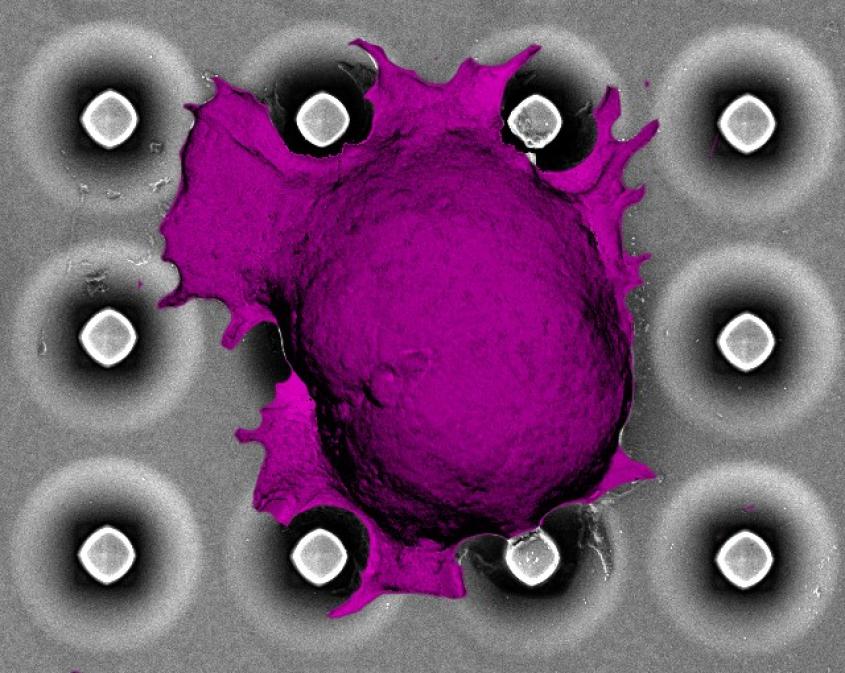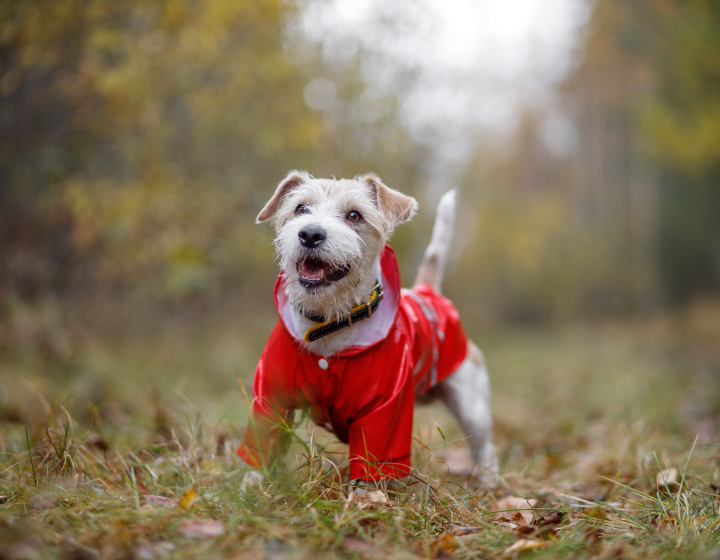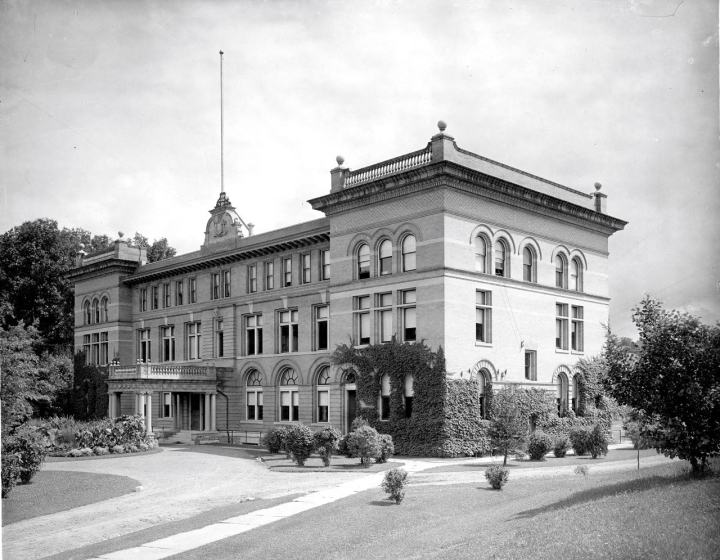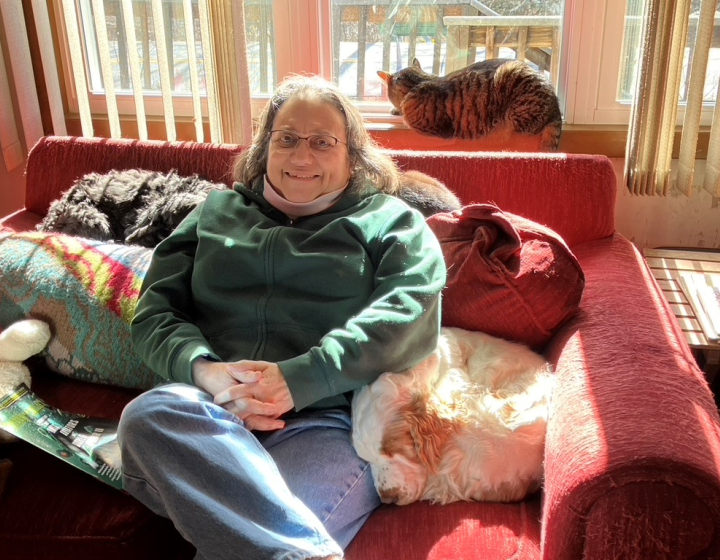Training ‘immuno-engineers’ is goal of NIH grant
A new program to train graduate students interested in specializing in “immuno-engineering,” an emerging hybrid field that combines engineering and immunology, is being offered at Cornell through a grant from the National Institutes of Health.
There is a growing need for scientists with expertise that intersects those fields. Engineers must understand the immune system to provide better therapeutic options for patients with cancer, infections and other diseases. For example, they are developing devices that influence the immune system and artificial organs using engineered materials that can modulate the immune system, and they are engineering immune cells that might be better at attacking cancers. Likewise, immunologists are benefitting from emerging technologies that allow them to study immune cells at multiple scales.
Currently, no formal programs exist in the country that train immunologists or engineers to understand the theoretical underpinnings of both fields at the same time.
“This training grant set out to pull together faculty from engineering and immunology who are interested in these problems to get together and train graduate students who actually can work and be conversant in both fields,” said Avery August, professor in the Department of Microbiology and Immunology in the College of Veterinary Medicine and vice provost for academic affairs. “Eventually, the students will be the ones who push the field forward at this intersection.”
August and David Putnam, professor in the College of Engineering with appointments in the Smith School of Chemical and Biomolecular Engineering and the Meinig School of Biomedical Engineering, are co-principal investigators of the five-year, $890,560 NIH grant that will fund the Cornell immuno-engineering training program. Ankur Singh, assistant professor with appointments in the Sibley School of Mechanical and Aerospace Engineering and the Meinig School of Biomedical Engineering, is associate director of the program.
Starting this fall, the program will select four predoctoral students (two from an engineering field and two from immunology) annually, based on faculty nominations of students with a proven interest in both areas. Grants will provide up to two years of support for students starting their third year of graduate school, though students who have proceeded further in their studies may be considered.
Support includes a stipend and a portion of tuition costs, which will offset expenses normally incurred by a faculty member whose lab a student works in. The curriculum comprises basic engineering and immunology courses, as well as an immuno-engineering course. The program will offer a clinical immersion experience for students at Weill Cornell Medicine and Hospital for Special Surgery in New York City, to gain exposure to clinical applications of immuno-engineering. There will also be a journal club where students will discuss research at the interface of the two disciplines.
The NIH funds come from a T32 training grant, awarded by the National Institute of Biomedical Imaging and Bioengineering, which is intended to enable institutions to provide awards to individuals for pre- and postdoctoral research training in specified areas where there is a shortage of expertise.
By Krishna Ramanujan






